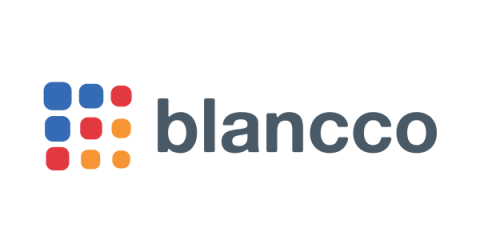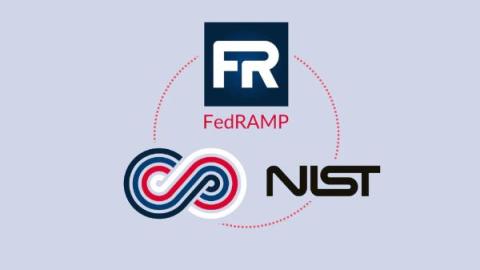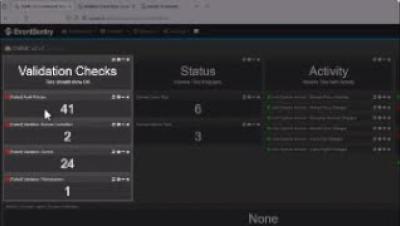Operations | Monitoring | ITSM | DevOps | Cloud
Compliance
How IDPs support Fintech compliance initiatives
Blancco Appoints Jim Elder as VP of Global Pathways
Guide to Office 365 Compliance and Data Governance
In the digital era, businesses face an intricate web of legal and regulatory requirements. Navigating these complexities is crucial for maintaining customer trust, protecting sensitive information, and avoiding legal repercussions. The adoption of cloud services like Microsoft Office 365 has transformed how businesses handle data, bringing both opportunities and challenges in compliance.
Navigating the New SEC Data Breach Rule A Blameless Blueprint for Compliance
Digital Transformation Is Changing the Mortgage Industry - Here's How
Demystifying FEDRAMP and NIST for Continuous Compliance
Today, federal agencies rely extensively on Cloud-based SaaS applications for everything from payment processing and document management, to data security and employee workflow automation. These tools help departments to function very efficiently, but because they are being used for essential government functions, it’s vital that they are safe and secure. For example, personnel at The Pentagon or The Department of Homeland Security can’t just choose any software vendor in the marketplace.
ISO 27001 Compliance: Everything You Need to Know
Let’s talk about what ISO 27001 compliance means for the tech team. If you’re a CTO, DevOps team lead, or cyber security specialist, you’ll have a lot of plates spinning at any given point in time. You need to ensure and maintain security protocols and compliance without hindering the development team’s ability to test and deploy new code (often at scale). It’s a constant battle to align development speed with governance tasks like audit, compliance, and security.










